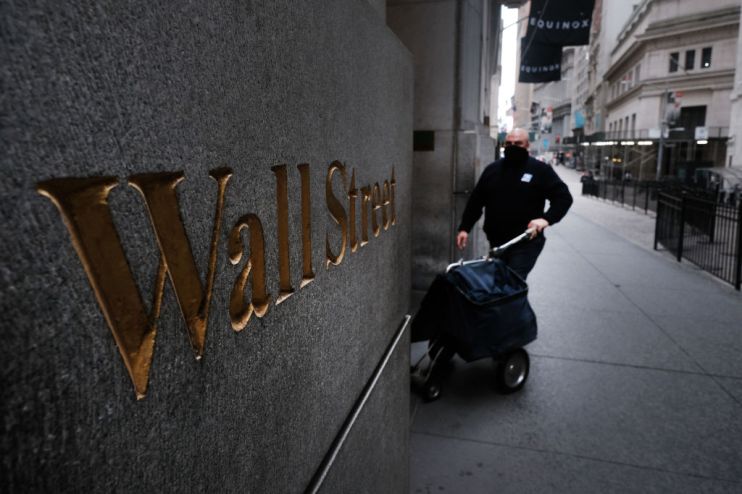Regional US banks open higher as debate over short-selling continues

Shares in regional US banks climbed on Monday morning following a chastening week last week in the aftermath of First Republic’s collapse.
Some of the banks who suffered most last week saw significant gains. PacWest was trading nearly 20 per cent higher.
The LA-based bank said late on Friday that it would cut its dividend from 25 cents to 1 cent per share in order to shore up its capital position.
The bank’s stock was hammered last week after it said it was exploring “strategic options” including a sale. It is down nearly 70 per cent in the year to date.
Western Alliance and Zions Bancorp were both trading around four per cent higher.
The recovery in share prices for regional lenders follows extensive debate in the US over the role of short-sellers and ‘market manipulation’ in the banking crisis.
Some commentators argue that many of the banks under pressure now do not have fundamental problems in the same way Silicon Valley Bank (SVB) and First Republic did. Instead, their difficulties reflect short-sellers trying to make a quick profit.
According to data from analytics firm Ortex, short sellers raked in $378.9m in paper profits last Thursday alone.
As Finalto’s Neil Wilson commented, “what started as deposit flight leading to stock volatility and liquidity crunches has led to the market running against banks that are not really suffering deposit flight”.
“PacWest and Western Alliance note they have not experienced ‘unusual deposit flows following the sale of First Republic’,” he continued.
Last week, the American Bankers Association (ABA) requested that the US Securities and Exchange Commission (SEC) take “appropriate enforcement actions against market manipulation and other abusive short-selling practices.”
In the last financial crisis the SEC temporarily placed a ban on short selling bank stocks. However, Alec Philips at Goldman Sachs suggested a ban was unlikely for a number of reasons.
He noted it could actually increase volatility by reducing the quantity of transactions and that it would be ineffective without more fundamental reform such as raising the deposit threshold.
In addition, he argued “the pressure on bank shares is likely not limited to short selling and could also reflect a reassessment of longer-term profitability.”